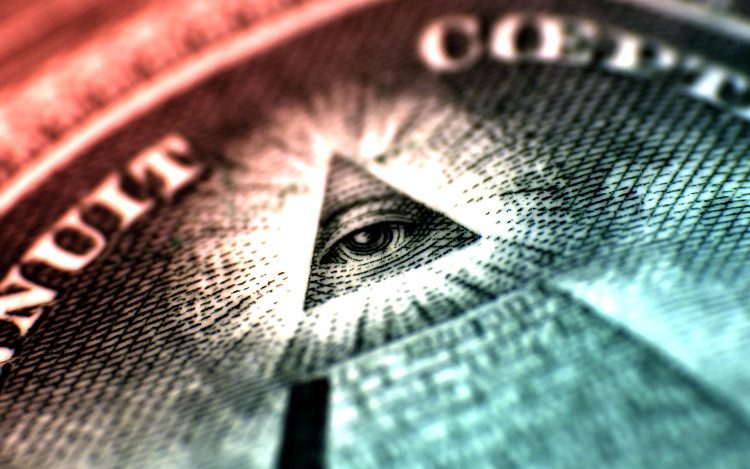Conspiracy theories are humanity’s response to things that are not yet fully understood. After all, they are stories that conveniently connect different events with “facts” that have not been proven and may never be proven. They result from various psychological stimuli, such as motives, cognitive biases, and social influences.
Why do some people believe that the Moon landing was faked? Why do others think that secret societies like the Illuminati control events around the world? Why do people believe that the Earth is flat? What drives individuals to accept these alternative interpretations? What attracts people to conspiracy theories?
In this article, we will explore the psychological factors contributing to the growing and widespread belief in conspiracy theories. By delving into motives, cognitive biases, and social influences, we can gain a deeper understanding of this phenomenon that continues to captivate minds worldwide.
Many may still remember 2012, when the whole world anxiously counted down to December 21 to verify the rumor of the “Doomsday.”
Of course, since we are still here reading this article, that event did not occur. However, it remains one of the most captivating conspiracy theories in human history.

The eye on the pyramid of the $1 bill is a symbol of a secret organization for conspiracy theorists.
In fact, whenever a significant event occurs, it is enough for conspiracy theorists to spread rumors. Whether it’s accidents with underground forces behind them, the Moon landing being a hoax, or most recently, NASA having to respond to conspiracy theories claiming they are using child slaves to explore Mars.
These are all baseless rumors without specific evidence, yet they attract a lot of interest. What is the reason for this? Through two recent studies, scientists believe they have found the answer.
According to PsyPost, the first study was conducted with 1,000 participants and published in the journal Social Psychology. It found that those who believe in conspiracy theories mainly do so because of a feeling of “being different from the rest.” They tend to believe they possess information that no one else has.
Additionally, the study demonstrated a reverse relationship: those who want to feel special are also more likely to believe in conspiracy theories.
“Both studies show that people who wish to be different are more motivated to believe in conspiracy theories,” said Anthony Lantian from the University of Grenoble Alpes (France).
In the following study, also involving 1,000 candidates, researchers found a similar conclusion: people believe in conspiracy theories because they want to stand out from the crowd.

Conspiracy theory about a meteor splitting the Earth.
Specifically, the research conducted three experiments and reached the following conclusions:
- People who want to be different are more likely to believe in conspiracy theories.
- Conspiracy theories are believed more when listeners are told that only a minority group believes in them.
“Both studies suggest that listeners want to believe in conspiracy theories due to their desire to be different,” said research authors Rolan Imhoff and Pia Karoline Lamberty from Johannes Gutenberg University (Germany).
In summary, after these two studies, you might think twice before believing any conspiracy theory.
|
Conspiracy Theory or Suspicion Theory is a way of explaining political, economic, and social issues by attributing them to secret plots by underground forces behind the scenes. A conspiracy hypothesis is an explanatory hypothesis that accuses a group or organization of causing or being behind an event or phenomenon that significantly impacts politics, economy, and society. Conspiracy theories sound fascinating and thrilling, which is why many people believe in them, discuss them, and add details, gradually creating a considerable ripple effect. Many conspiracy theories are still being actively discussed with no end in sight. |





















































